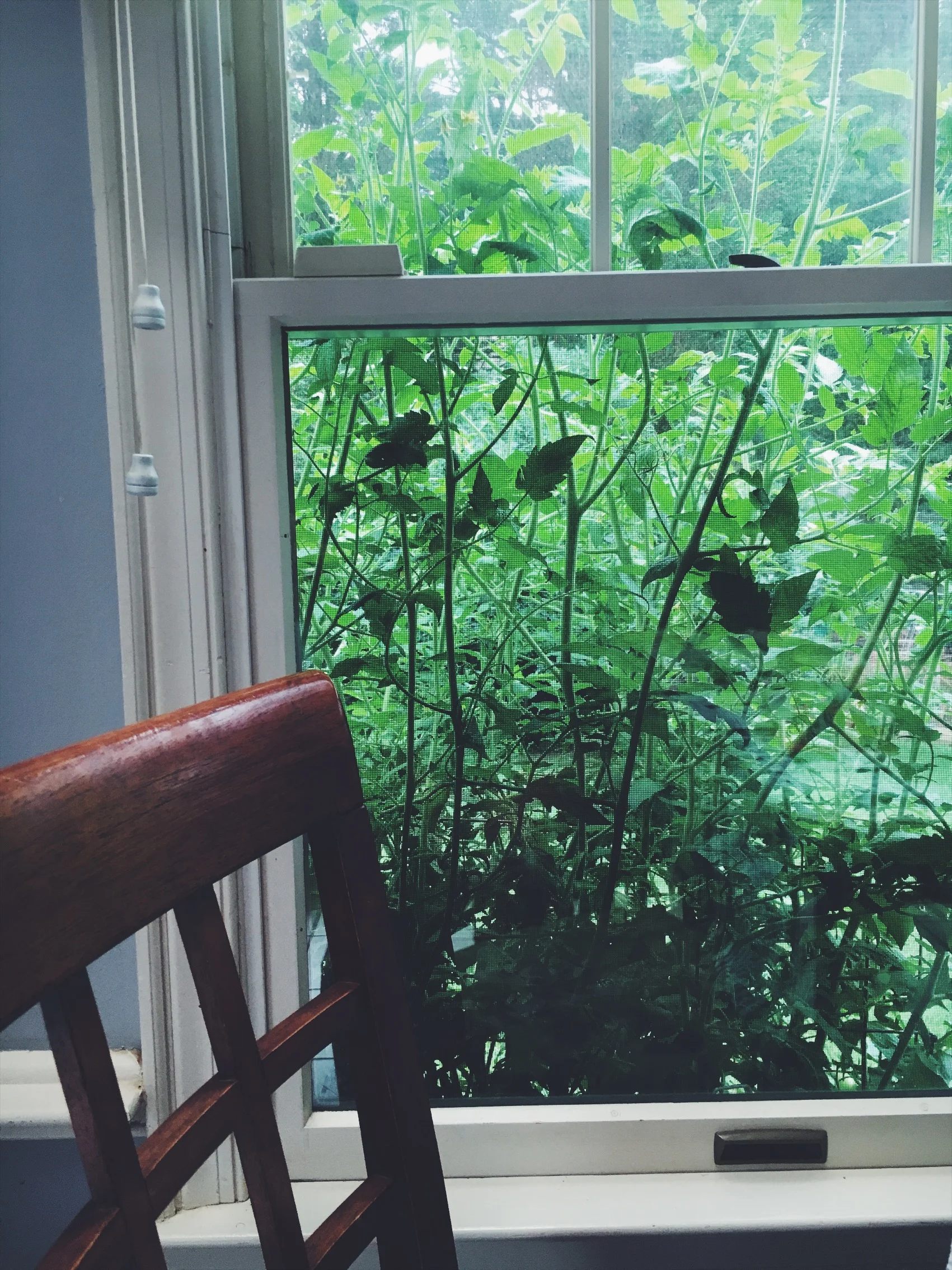To take up space
Thursday, October 25, 2018
My youngest child, Sophie, takes after her big sister. She loves to draw. White printer paper and a pencil. That’s what she needs, and it will keep her happy for a good long while. She draws suns, always on the upper left hand side, the shape like a hole punch took a half bite out of the corner of the paper. As of late they have faces drawn into them, too, and even hair and hands and feet. Her people have long and skinny legs with no hips and triangles for shoes. Necks are non-existent.
Recently she drew a picture of a girl crying. To the left of the girl, there are two smiling people, with hearts above their heads. The girl has a heart above her head too, but hers is cracked. I asked her to tell me about her picture. With a grin and some mischief in her voice, she told me that the girl was crying because the boy decided to marry someone else.
Despite the fact that my audience was a 4 year old, this is what I told her: Great! Now the girl can use all of her anger and grief and newly freed up time to go back to school and become an artist or maybe the President of the United States. She can use her pain to create something.
I don’t remember what Sophie said in response, very possibly nothing, but if she did say something it was likely to ask for crackers. Will she remember these things that I tell her that are just as much—if not more—for myself as they are for her?
A little while after our conversation, it struck me that my response of ‘great!’ was a little unfair. When you lose love, it hurts. Despite what some may say, feminists are humans, too. Humans first, before they are someone’s wife or girlfriend or mother or daughter or sister. Even still, amongst the many types of pain, unrequited love is a particular relentless ache that makes food lose its taste. But what I was trying to communicate to my daughter was that the narrative doesn’t always have to be about what a man does to elicit an emotional response from a woman, nor does it have to center around the relationship a woman has in relation to a man. She can drive the narrative. Her character and emotions and decisions can propel the story. It’s ok to be angry. Her tears are not a weakness, but rather evidence of vulnerability and humanity. As is her laughter and joy, her curiosity and uncertainty and questions. Her fullness is ok.
Mostly, I realized that what I want her to know—even if she doesn’t understand it fully yet—is that she is allowed to take up space. Evelyn is allowed to take up space. I am allowed to take up space. This is not something that we inherently know from a young age. But my hope is that if they start hearing it now, they will begin to believe it as they grow. My hope is that it will become more and more normal and average for a girl to make a mess, to speak her mind, to not tip-toe, to take up space.





